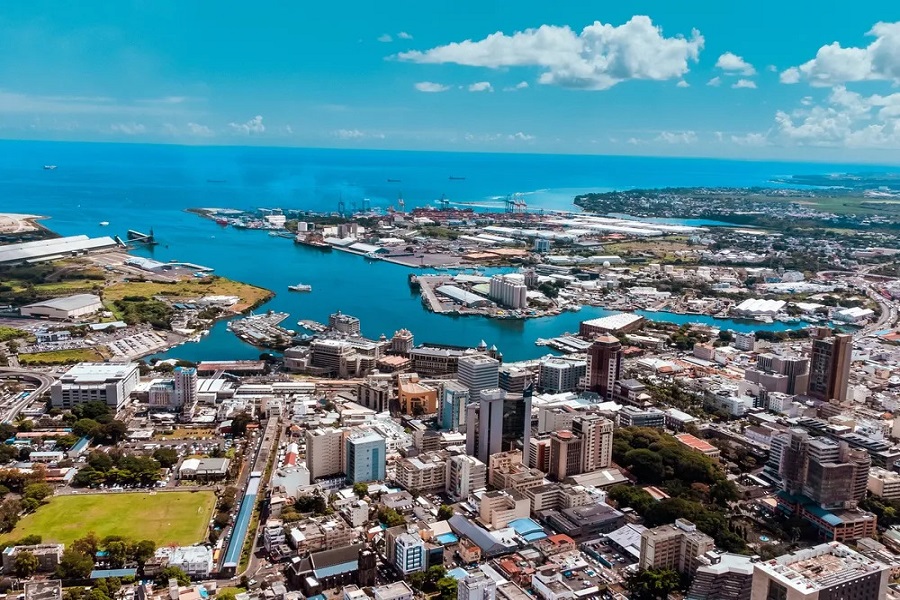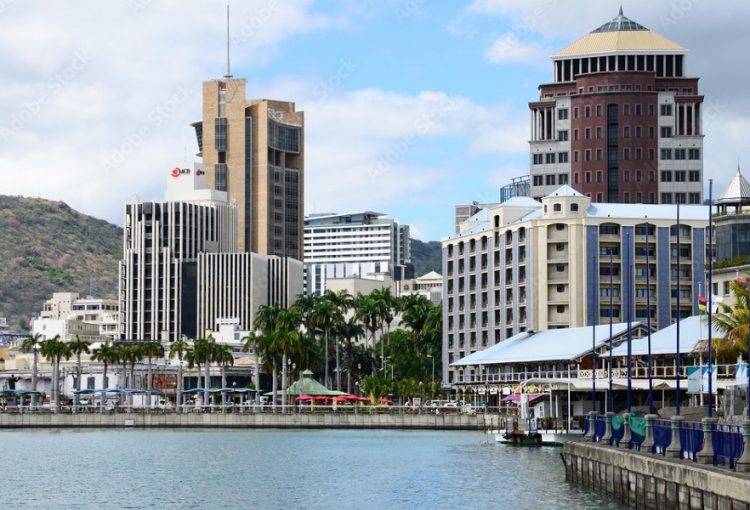
Mauritius, a picturesque island nation in the Indian Ocean, has garnered global attention as a favourable destination for businesses seeking to optimize their tax planning strategies. Renowned for its attractive tax incentives and well-established legal framework for offshore entities, Mauritius has positioned itself as a prominent tax haven. This article delves into the nuances of utilizing Mauritius as a tax haven, exploring its tax benefits, regulatory environment, double taxation avoidance agreements, key industries for investment, challenges, and future prospects. By understanding the intricacies of Mauritius’ tax regime, investors can make informed decisions to leverage the opportunities presented by this tropical financial hub.

Introduction to Mauritius as a Tax Haven
Mauritius, a picturesque island nation known for its stunning beaches and vibrant culture, has also gained a reputation as a popular tax haven. In recent years, the country has emerged as a hub for offshore financial services, attracting businesses and investors seeking tax-efficient solutions.
Overview of Mauritius’ Offshore Financial Services Sector
Mauritius boasts a thriving offshore financial services sector, offering a range of services to international businesses and investors. From company formation to wealth management, the country provides a conducive environment for those looking to optimize their tax liabilities and enhance their financial structures.
Historical Context and Evolution of Mauritius as a Tax Haven
The evolution of Mauritius as a tax haven can be traced back to the 1990s when the government introduced a series of tax incentives to attract foreign investment. Over the years, the country has strengthened its legal and regulatory framework, positioning itself as a reputable jurisdiction for offshore activities.
Tax Incentives and Benefits in Mauritius
Mauritius offers a host of tax incentives and benefits for businesses operating in the jurisdiction. One key advantage is the zero or low tax rates for offshore companies, making it an attractive destination for tax planning and optimization strategies.
Zero or Low Tax Rates for Offshore Companies
Offshore companies in Mauritius can benefit from zero or low tax rates on their profits, dividends, and capital gains. This favorable tax regime, combined with a stable political environment and robust infrastructure, makes Mauritius a preferred choice for global businesses.
Tax Treaties and Agreements Supporting Investment
Mauritius has signed a network of tax treaties and agreements with various countries, providing investors with a framework for tax-efficient cross-border transactions. These agreements help in reducing double taxation, promoting investment flows, and enhancing the overall business environment.
Legal and Regulatory Framework for Offshore Companies
Setting up an offshore company in Mauritius is governed by a well-defined legal and regulatory framework. From company formation to compliance requirements, the jurisdiction offers a transparent and streamlined process for businesses looking to establish a presence in the country.
Company Formation and Registration Requirements
The process of forming an offshore company in Mauritius involves fulfilling registration requirements outlined by the authorities. These requirements typically include submitting necessary documentation, appointing local directors, and adhering to compliance standards to ensure the legitimacy of the business entity.
Compliance and Reporting Obligations for Offshore Entities
Offshore entities in Mauritius are subject to compliance and reporting obligations to maintain transparency and uphold regulatory standards. This includes filing annual returns, financial statements, and adhering to anti-money laundering regulations to safeguard against illicit financial activities.
Double Taxation Avoidance Agreements (DTAAs) in Mauritius
Double Taxation Avoidance Agreements (DTAAs) play a crucial role in facilitating cross-border trade and investment by eliminating the risk of double taxation. Mauritius has established a robust network of DTAAs with various countries, offering businesses a strategic advantage in tax planning and international transactions.
Explanation of DTAAs and their Impact on Tax Planning
DTAAs are bilateral agreements between countries to prevent the same income from being taxed twice. By leveraging DTAAs, businesses can optimize their tax liabilities, reduce withholding taxes, and enhance their competitiveness in the global market by avoiding unnecessary tax burdens.
Key DTAAs Mauritius has with other Countries
Mauritius has entered into strategic DTAAs with key jurisdictions such as India, South Africa, and France, among others. These agreements provide a framework for mutual cooperation in tax matters, ensuring a conducive environment for cross-border investment and fostering economic growth between the signatory countries.
Key Industries and Sectors in Mauritius for Offshore Investment
Mauritius, known for its stunning beaches and crystal-clear waters, also offers attractive opportunities for offshore investors in key industries and sectors. The financial services and banking sector in Mauritius is a powerhouse, providing a range of services such as wealth management, fund administration, and international banking. The country’s stable regulatory framework and favourable tax incentives make it a prime destination for offshore investment.
Real Estate and Tourism Industry Opportunities
Mauritius’ burgeoning real estate market and vibrant tourism industry present lucrative prospects for offshore investors. With a growing demand for luxury properties and a thriving tourism sector, Mauritius offers a diverse portfolio of investment opportunities.
Challenges and Risks of Using Mauritius as a Tax Haven
While Mauritius offers numerous benefits as a tax haven, there are certain challenges and risks that investors should be aware of before choosing this jurisdiction for their offshore investments.
Regulatory Scrutiny and Compliance Risks
Navigating the regulatory landscape in Mauritius can be complex, with stringent compliance requirements that offshore investors must adhere to. Failure to comply with regulatory standards can lead to legal consequences and reputational damage.
Potential Reputational Risks for Companies Operating in Mauritius
Operating in a perceived tax haven like Mauritius can expose companies to reputational risks, especially in the face of increased scrutiny on tax avoidance practices. Investors should carefully manage their public image and adhere to ethical business practices to mitigate these risks.
Recent Developments and Future Outlook for Mauritius as a Tax Haven
As Mauritius continues to evolve as a preferred destination for offshore investors, recent developments and future trends play a crucial role in shaping its reputation as a tax haven.
Changes in Tax Legislation and Regulatory Environment
With ongoing changes in tax legislation and regulatory frameworks, Mauritius is adapting to meet international standards and enhance transparency. Understanding these changes is essential for investors to navigate the evolving landscape effectively.
Emerging Trends and Opportunities for Offshore Investors in Mauritius
Despite challenges, Mauritius remains a promising jurisdiction for offshore investment, with emerging trends such as fintech innovation and sustainable development driving new opportunities. Staying informed about these trends can help investors capitalize on the potential for growth and diversification in Mauritius.In conclusion, Mauritius stands as a reputable jurisdiction for those looking to optimize their tax efficiency and expand their global reach. Despite facing challenges and evolving regulatory landscapes, the island nation continues to offer a compelling proposition for offshore investors. As Mauritius adapts to changing international tax standards and fosters growth across key sectors, it remains a compelling choice for those seeking a tax-efficient business environment. By staying abreast of developments and leveraging the opportunities that Mauritius presents, businesses can navigate the complexities of global taxation with confidence and strategic foresight.




